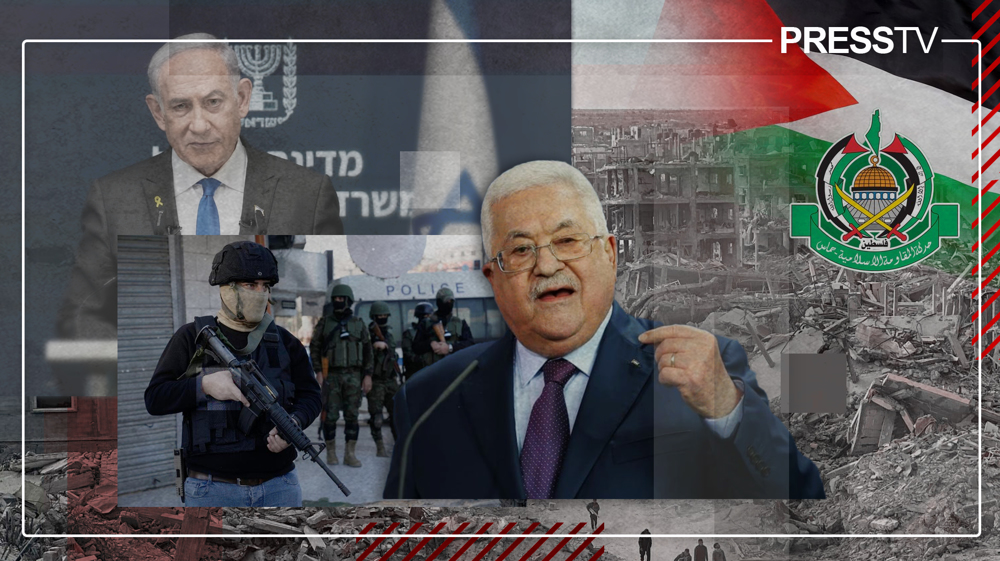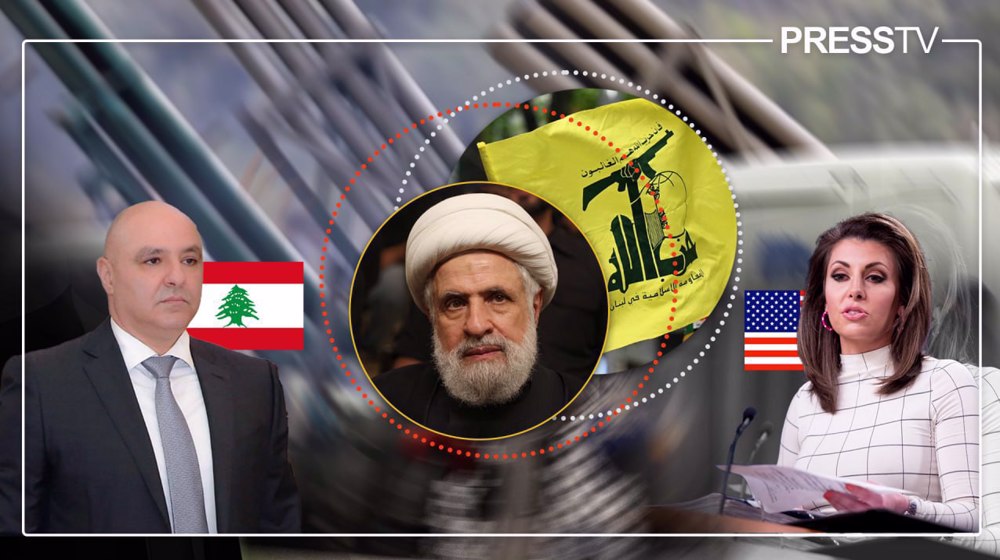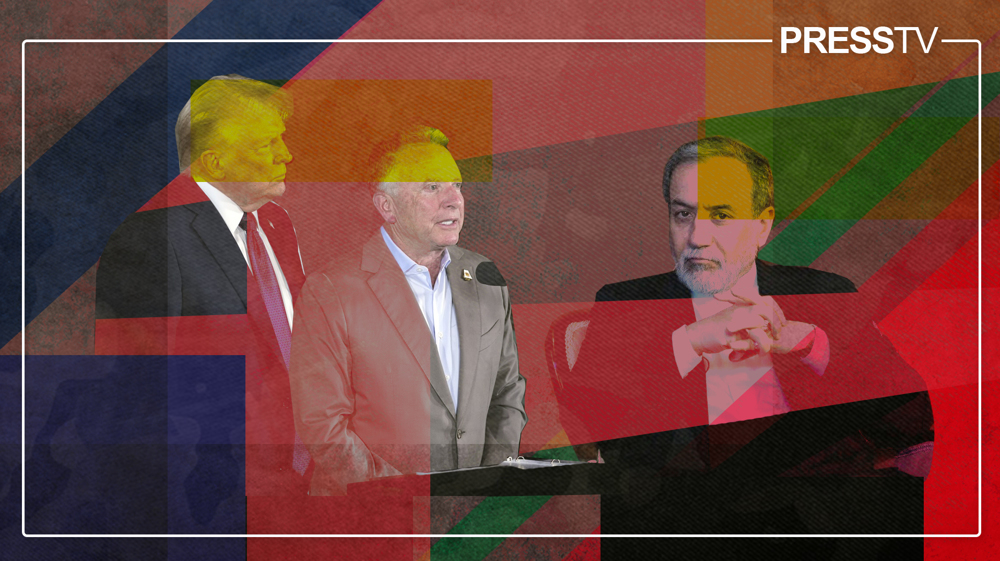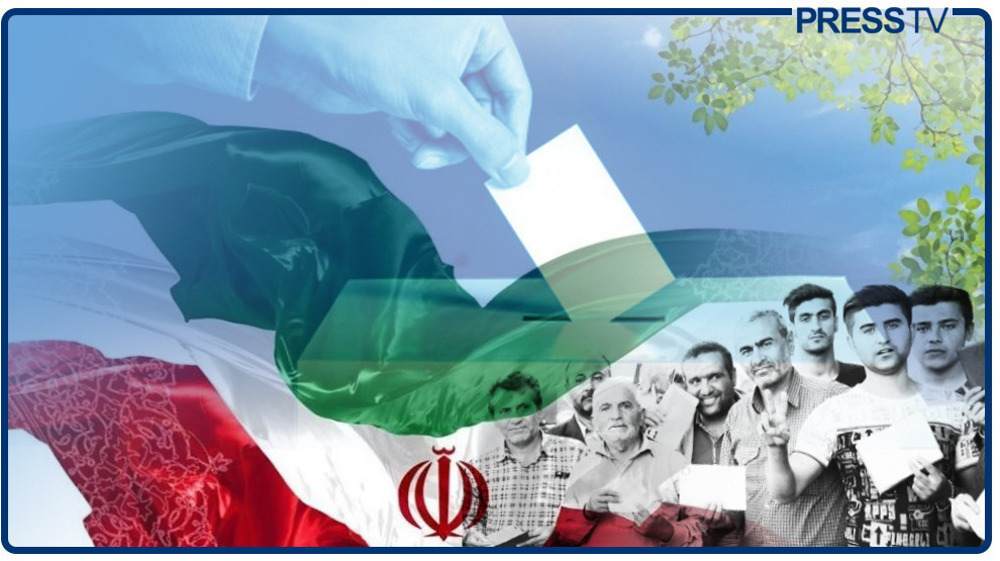Mr. President, please take note of the Iranian people’s historical will!
By Marziyeh Kaffash
Men said to them: “A great army is gathering against you:” And frightened them: But it (only) increased their Faith: They said: “For us Allah sufficeth, and He is the best disposer of affairs.”
—Sura Al Imran 3:173
Prior to the 1979 Islamic Revolution, our history had never seen any epoch-making juncture at which the Iranian people played a leading role. As Leader of the Islamic Revolution Ayatollah Seyyed Ali Khamenei once put it, the Revolution is unique in nature. “It was not born out of a coup d’état or a military movement, in which a group of officers would overthrow a government and replace it with another one, without the people being involved.” It was the power of the people that enabled the Revolution to come to fruition, live on and create one epic after another.
In the past, they usually viewed emirs, rulers, or kings as the owners of their countries, but the Islamic Republic changed that equation and placed the Iranian people at the helm, making them the owners of their homeland under the guidance of Imam Khomeini, a religiously and politically savvy leader.
In fact, Iran’s Revolution is the most people-reliant one in the history of humanity since it was Iranians from all walks of life — men and women, young and old — who sacrificed their lives and everything in their possession and rose shoulder-to-shoulder against years of tyranny and dependence on outsiders. The purpose? 1) Restoring Iran’s identity, culture and self-confidence, which had long been trampled on by despotic rules 2) Treading the path of prosperity, progress, and independence under the aegis of holy Islam.
Now, more than four decades on, the people are still standing firm in safeguarding the ideals and values of the Islamic Revolution in the face of all the hostilities and the conspiracies pursued against them by the nation’s sworn enemies, who have been bent on breaking the people’s will and bringing down the Islamic establishment.
With that explained, it is crystal clear that it is now the turn of the religious democracy that the nation has perfectly protected through many storms that have hit over the past 42 years to do its part by employing its entire resources and capabilities to best serve the nation. It is thus natural for the people to expect those who ascend to high political office on the back of their votes — the president in particular — to take steps toward paving the way for the realization of the hard-won Revolution’s ideals and values.

Iran’s Constitution has granted extensive powers to the president as the country’s top executive authority; therefore, in order to achieve success in his mission, the president needs to adjust its domestic agenda and foreign policy to the nation’s will.
In the first place, the chief executive should see things from the standpoint of a sociologist and try to develop a good understanding of the nation, its history, and its civilization.
A look at Iran’s ancient history and the trajectory of the nation’s demands show a steady movement of the population in the land of Persia toward the holy religion of Islam since the fall of the Sassanid Empire in 561 AD. The Iranians, mostly Zoroastrians at the time, were never the same after getting to know Prophet Muhammad (Peace be upon Him) and the 12 Shia Imams that spiritually and politically succeeded him. Over the centuries, they strived to establish pure Islamic rule in their ever-monotheistic homeland. The nation’s thirst for Islamic rule in the country reached a peak during the massive uprising that led to the collapse of the US-backed Pahlavi monarchy in 1979 under the spiritual and political leadership of the late Imam Khomeini, the country’s top religious figure back then.
The nation’s love for and faith in the Islamic Revolution has come to light in several junctures over the past 42 years, most notably in the referendum in 1979 in which people voted overwhelming ‘yes’ to the establishment of religious democracy in the country, in the massive popular turnout in the mourning procession held after Imam Khomeini’s passing in 1989, and most recently, in the exceptionally large funerals held in January 2020 for Lieutenant General Qassem Soleimani — a national hero praised for his loyalty to the Revolution’s ideals — following his assassination by the terrorist US regime.

With Iran’s 13th presidential election just around the corner, there has been much heated debate among Iranians on how the next chief executive would and should tackle the problems facing the country, especially at a time when the nation has been the target of the toughest of economic sanctions that the United States has imposed on the people to punish them for their steadfastness on the path opened by the Islamic Revolution.
Now what is the solution? Which path should be taken to tackle the country’s woes? The path of resistance and self-reliance — which has so for been an unchanging choice of the people — or that of submission to the longtime enemies of the Revolution?
The Iranian president — along with all those in charge of helping him run the state affairs — should ensure that the choices they make in dealing with the country’s issues will remain in tune with the nation’s will and ideals.
Yes, there is no denying of the fact that the Iranians have been suffering greatly from the consequences of the Western sanctions. The middle class and the poor, in particular, are grappling with a range of problems such as unemployment, inflation, and increasing housing prices, among other things. Nevertheless, history has proved that the nation never accepts the resolution of its problems at the cost of its independence, Islamic identity, and dignity.
The Iranians want their officials in the executive and the legislative branches of the government to put their trust in Allah the Almighty, look inside the country, and rely on domestic capabilities and resources while trying to find solutions to end the nation’s hardships. The nation of Iran is determined to protect the Islamic Revolution, which has revived the country’s independence and its historical, cultural, and religious identity. The people have chosen resistance as the safest way out of their issues and are standing firm on their path forward.
Ayatollah Khamenei once said the Islamic Revolution taught the nation that “there is no big incident, no big obstacle, and no big power that can stand against a nation’s iron will.” People have proven him right. The new president should, too.
Marziyeh Kaffash is an independent Iranian journalist specializing in Iran and Middle East affairs.
(The views expressed in this article do not necessarily reflect those of Press TV.)

The path to Palestinian liberation from occupation begins with Mahmoud Abbas’ ouster

No to capitulation: Hezbollah’s arms are Lebanon’s shield against occupation

Iran-US talks: Trump, sanctions and the mirage of a durable nuclear deal
Sexual exploitation weaponized by Zionist assets to demonize Britain's Muslim community
ICC bars chief judge from disclosing Israeli arrest warrants: Report
Parl. speaker: Iran won’t be swayed by Israel’s ‘delusional’ rhetoric
Extremist Israeli minister orders closure of al-Quds Fund and Endowment office
British firm supplying engines for Israel's killer drones: Report
VIDEO | Muscat negotiations, Yemen missiles
Canada should ‘never forget’ US betrayal; old relations ‘over’: New PM
Hamas welcomes ICJ hearings on Israel’s humanitarian obligations towards Palestinians







 This makes it easy to access the Press TV website
This makes it easy to access the Press TV website